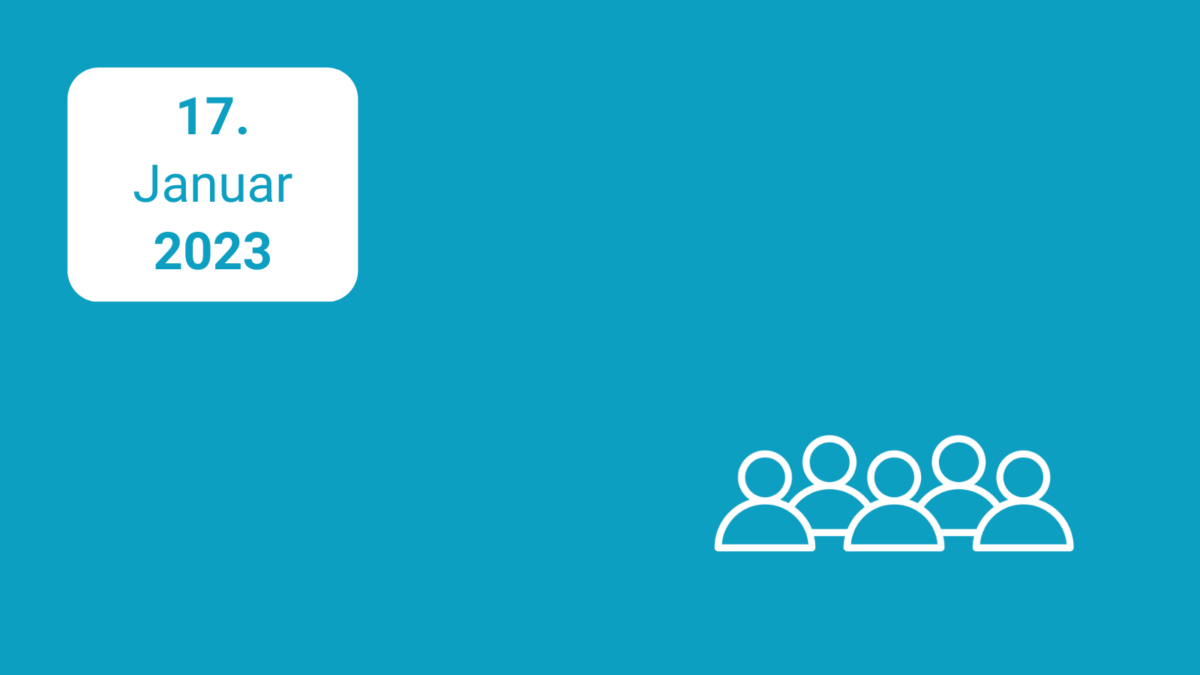Academic research is currently undergoing a wave of contestation, ranging from violent attacks and life-threatening situations to public undermining of their research and online threats and harassment. Such perpetrators range from ordinary people attacking single researchers, to state institutions, targeting a group of scholars working in diverse disciplines and topics like climate change, vaccination, gender studies, colonialism, and Islam studies.
Depending on who the targeted groups are (women, minority groups etc.) and by whom they are under attack, the long-term effects of harassment can be damaging (Amnesty International 2018) and learning ways to cope becomes vital. This working group by focusing specifically on the coping strategies of academics facing online harassment will acknowledge the academic milieu where online presence is encouraged while mechanisms to deal with digital hate, trolling and contestation are not dealt with. The activities proposed in this working group – exploring online harassment addressing academics and increase scholars’ resilience by gathering best practices and unsuccessful experiences and drafting tentative guidelines to start dealing with this issue – aims to fill this very gap.
Our objectives include:
- mapping out the most prominent cases of online harassment involving academics, investigating how they play out in different platforms and exploring the strategies adopted by scholars and their institutions;
- discussing positive and negative aspects of the different strategies of coping with digital harassment;
- drafting guidelines and best practices to be adopted to deal with various types of online harassment, including a list of resources;
- making the preparatory work for applying for a collaborative international research project focusing on academics’ online harassment, emotional and concrete effects, strategies and best practices to deal with complex online situations
Research Results:
The working group delved into the critical aspects of online violence against academics, including its connection to larger societal challenges. We pointed out the intersectionality of digital vulnerabilities and coping strategies and drafted guidelines for academic institutions. We explored specific challenges connected to researching incels and the far-right. We analysed the background processes of online violence and risky research, including the erosion of academia due to illiberal policies and the consequences of neoliberal policies (e.g. competition, academic influencers…), as well as the epistemic conflicts and the challenges to science produced in academic institutions. Activities included publications, presentations and panels organization at prestigious conferences, and applications for further networking and research. This diverse range of research and activities aims to illuminate and address pressing concerns related to online attacks to academics.
Publications and Presentations:
Publications:
- Iris B. Segers, Tamta Gelashvili & Audrey Gagnon (2023) Intersectionality and care ethics in researching the far right, Feminist Media Studies, DOI: 10.1080/14680777.2023.2280884
- Çarkoğlu, A. (2023). Last of us: illiberal science policies and erosion of academia in Turkey. Feminist Media Studies, 1-5.
- Eslen-Ziya, H., Giorgi, A., & Ahi, C. J. (2023). Digital vulnerabilities and online harassment of academics, consequences, and coping strategies. An exploratory analysis. Feminist Media Studies, 1-6.
- Sousbois, O. F. (2023). Potential risk in the “contrast-field”: queer-positioning between facts and assumptions within research on incels. Feminist Media Studies, 1-5.
- Pehlivanli, Ezgi, and Hande Eslen-Ziya. “Conceptualizing academic sustainability.” Feminist Media Studies (2023): 1-5.
Conference panels and other presentations:
- ECPR panel Methodological and ethical challenges to studying far-right and anti-gender mobilizations (Iris Beau-Segers and Cristian Norocel): https://ecpr.eu/Events/Event/PanelDetails/12794
- Presentation on threats and harassment against academics at the Friedrich Ebert Stiftung workshop ‘Current Far-Right Developments in Scandinavia, Germany, and the UK’, Hande Eslen-Ziya
- ATGender Conference 4-6 September 2023, Istanbul Turkey, Hande Eslen-Ziya (presentation, scientific committee)
- GenS (Gender Studies) International Conference. Power Asymmetries: Leadership, Participation, Supremacy and Representation. A Gender Perspective. Stintino Museo della Tonnara, 4-6 September 2023, Alberta Giorgi (presentation, scientific committee)

17. – 18.01.2023
